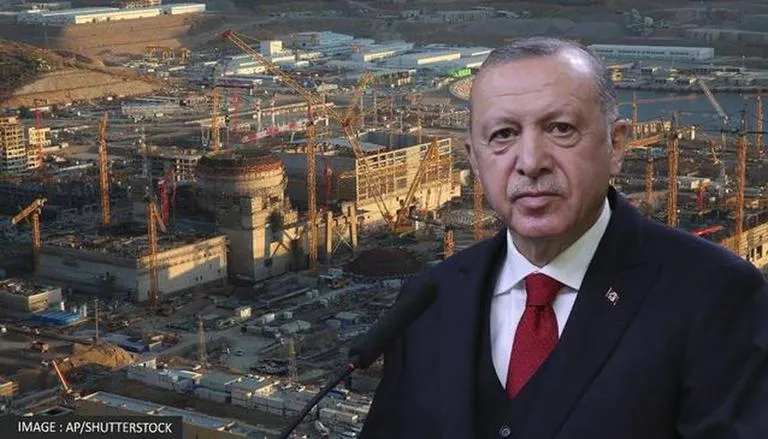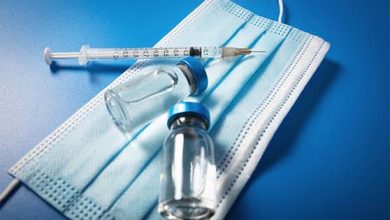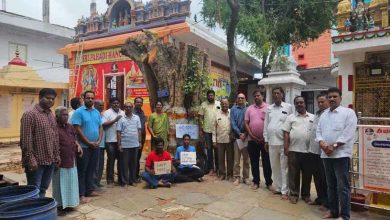Turkey Joins League Of Global ‘nuclear’ Powers As Erdogan Inaugurates Akkuyu Plant

Turkey set foot in the club of nuclear-powered nations on Thursday as it successfully completed fuel delivery into Akkuyu, its first nuclear plant. Celebrating the feat on Thursday, Turkish President Recep Tayyip Erdogan said: “With the delivery of nuclear fuel by sea and air to our plant, the Akkuyu (nuclear power plant) has now acquired the nuclear power plant status. Therefore, our country has risen to the league of countries with nuclear power, albeit after 60 years of delay.”
Erdogan made the remarks when he joined the nuclear plant’s inauguration ceremony virtually along with his Russian counterpart Vladimir Putin after experiencing a health scare earlier this week. He later returned to the public eye on Thursday to hail the nuclear plant project. Being constructed by Russian energy firm Rosatom, the Akkuyu plant is Turkey’s first nuclear plant. It is located in the Mersin province along the southern Mediterranean coastline.
Putin: Akkuyu plant reflects Turkey, Russia’s ‘important’ partnership
For Erdogan, who is heading towards a crucial election this month, the plant is “the biggest joint investment” between Russia and Turkey which would set in motion the establishment of several other nuclear plants in the near future. On the other hand, Putin dubbed Akkuyu one of the most “important partnerships” between the two nations.
“This is a flagship project and it brings both mutual economic benefits and, of course, helps to strengthen the multifaceted partnership between our two states,” he said, lauding his Turkish counterpart for paying “great attention to the expansion of Russian-Turkish relations”.
Talks of the nuclear plant began in 2010 when the two countries agreed to allow Rosatom to build and operate the nuclear facility that comprises four nuclear reactor units, each of which can generate 1,200 MW of power. As per the deal, the plant would be built with a total of 20 billion US dollars of expenditure. Its construction kicked off in 2018, and the project is likely to reach its completion in 2026.





